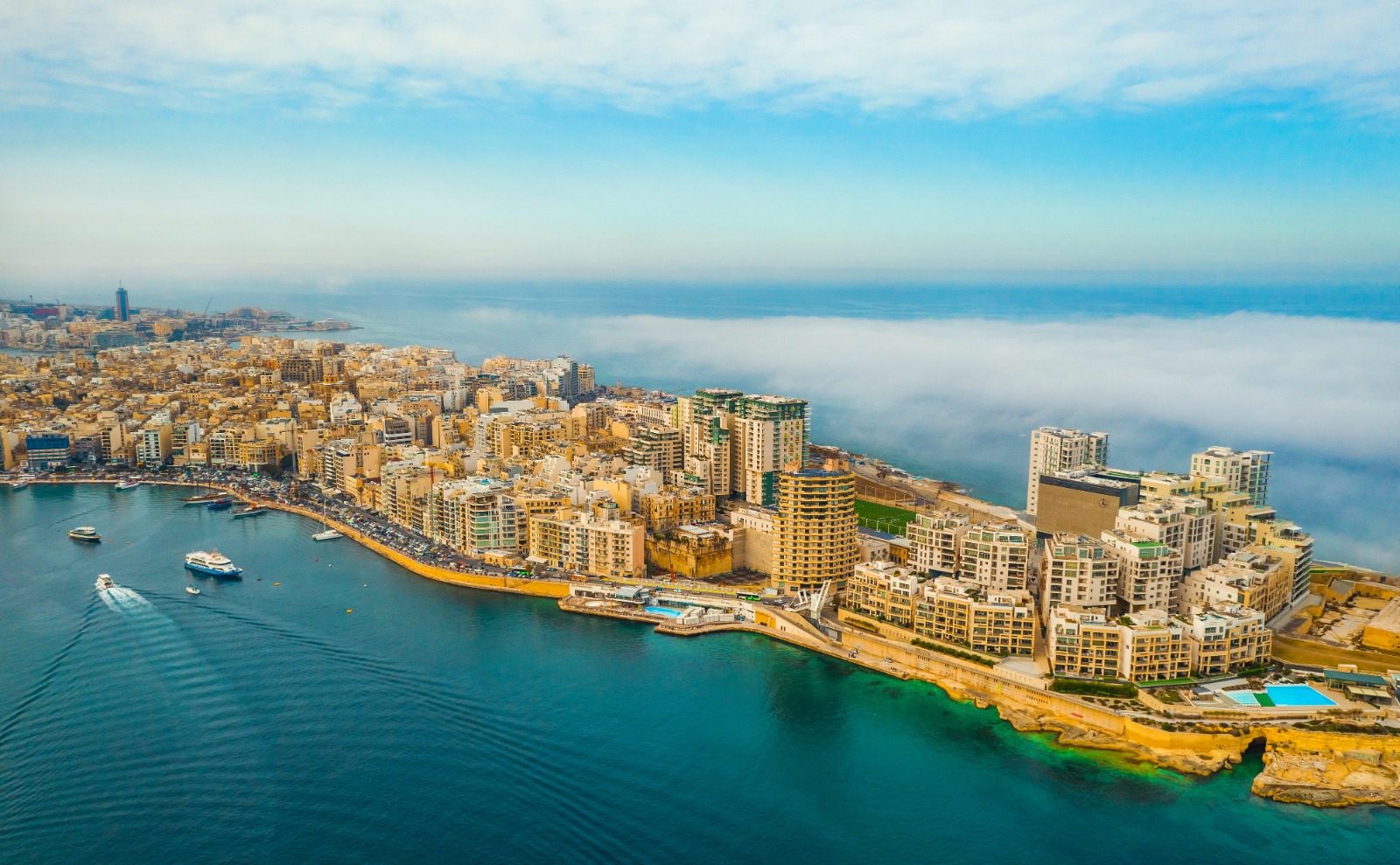A Global Real Estate Index (GRETI) which Malta is now being included in has given the island a score of 3.64, placing the jurisdiction at 62 among 94 participant countries, thereby falling within the Low Transparency category along with countries such as Morocco, Egypt and Sri Lanka.
Malta scored well on some fronts such as governance of listed vehicles, regulatory and legal aspects, as well as the transaction process. Areas such as sustainability, technology and digitisation, and availability of data merit considerable improvement.
The index was brought to the island by big-four audit and consultancy firm PwC Malta, after it embarked on a project in conjunction with Jones Lang LaSalle and Lasalle Investment Management (JLI), together with Archi+, to derive the first real estate transparency index locally.
Through their Global Real Estate Transparency Index (GRETI) which now involves 94 countries and territories, JLL has been mapping the evolution of real estate transparency across the globe since 1999. The JLL GRETI is based on a combination of quantitative market data and survey results. It scores property markets on a transparency scale (ranging between 1, Highly Transparent, to 5, Opaque) and acts as an essential guide for companies operating in foreign markets and a unique benchmark of real estate market transparency.
PwC Malta led the compilation of survey results for Malta through consultations with key stakeholders within the public and private sector, including real estate investors, key developers, architects, lawyers, notaries, real estate agents and property managers. The Index, based on JLL’s methodology, focuses on topics such as direct property indices, availability of property data in connection with transactions, valuations, the use of real estate technology in construction and property management (among others), real estate tax, land use planning, professional standards of agents, green building regulations and sustainability.
PwC Malta’s territory senior partner, David Valenzia, said, “The global real estate industry is facing increased pressures to act responsibly on a number of fronts. Real estate is an important investment instrument, and the focus of investors is shifting more towards investing and doing business in a transparent and sustainable manner.
“Understanding the importance of the benefits of transparency, PwC Malta has worked in conjunction with Jones Lang LaSalle with the objective of establishing a benchmark for the local real estate sector.
“The results of this survey have highlighted what areas to prioritise and the issues the country should address in moving forward to increase transparency. Only by working upon identifiable targets can Malta improve its score and ranking in JLL’s GRETI. “The gradual improvement of the transparency within the real estate sector will enhance the level of trust and will continue to ensure the sustainability of the industry.”
Stakeholders in Malta’s property industry have long complained of a lack of information and data. Obtaining information as to property ownership or transactional data is often held tight by long-established property companies on the island with huge databases.
Industry players point towards a lack of digitalisation at Government level with regards property and development as being a major contributor to this dearth of information.
New €15 million scheme to support small businesses and self-employed seeking industrial space
'This scheme addresses three key needs for business success – stability, peace of mind, and reduced bureaucracy'
Kebab Factory’s 10% student discount for language school Study Squad
Kebab Factory celebrates Malta’s language school community with a 10% discount for students, educators, and staff across all seven locations
‘It’s still about creating a meaningful connection with customers’: Matthew Fenech, Motors Inc.
The CEO explains how Motors Inc. keeps the customer experience at the centre of its growth trajectory






